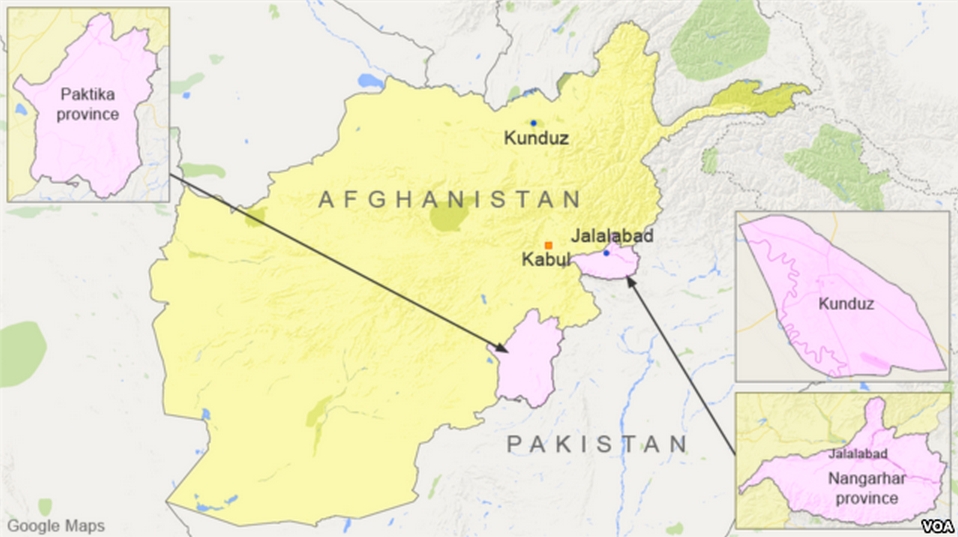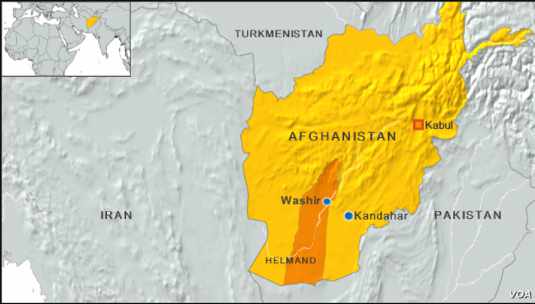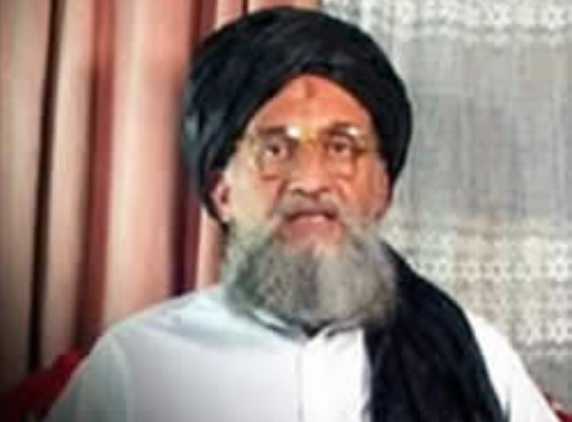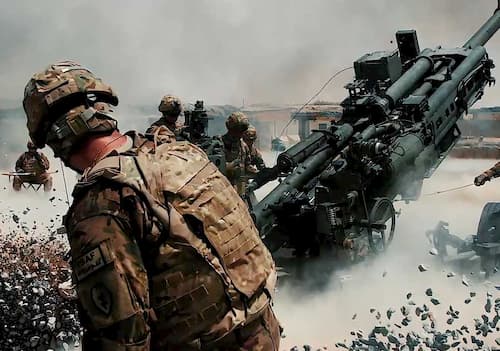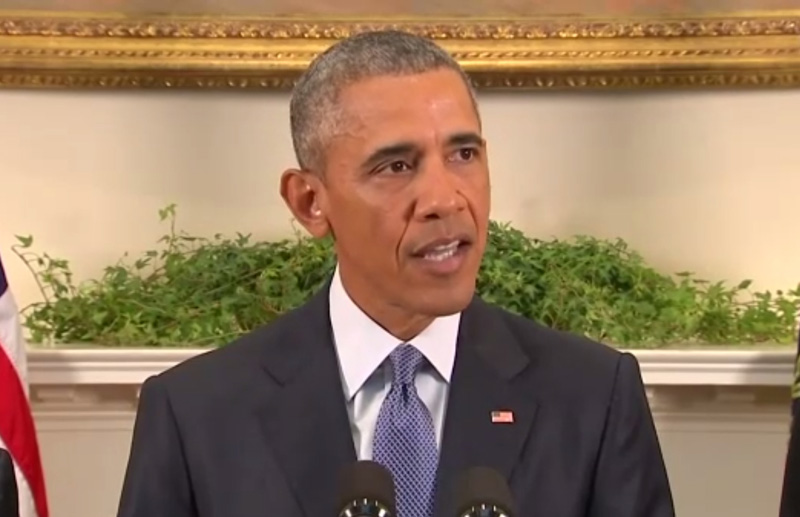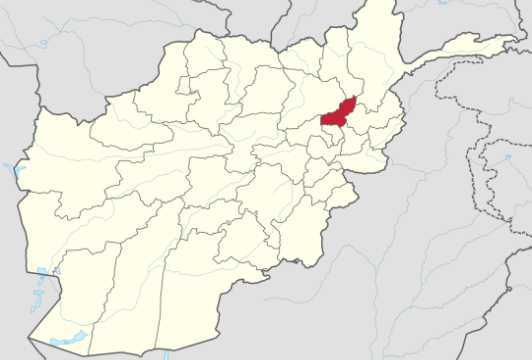KABUL, ISLAMABAD – Afghan President Ashraf Ghani, along with his vice president and other senior officials, flew out of the country on Sunday, setting the stage for Taliban insurgents to regain power in Afghanistan 20 years after a U.S.-led military invasion ousted them.
Top members of the Taliban military commission arrived at the presidential palace in Kabul as Taliban fighters took positions at key posts in the city. Taliban spokesman Zabihullah Mujahid confirmed Sunday evening that the fighters were directed to guard security posts and other installations in Kabul to “prevent chaos and looting after Afghan forces abandoned them.” Mujahid urged the residents to remain calm, saying the move was meant to ensure the security of the people.
There was no comment from Ghani. In a recorded message on Saturday, Ghani had told the nation he was consulting with both national and international players on the situation which he called an “imposed war.”
Abdullah Abdullah, head of the Afghan National Reconciliation Council, posted a video on Facebook, criticizing Ghani.
Abdullah confirmed that Ghani had left the country and said, “I feel the former president left the country and people in a bad position. God will make him accountable.”
Ghani’s whereabouts and destination are currently unknown. [content id=”79272″]
Afghan Vice President Amrullah Saleh, who is said to have accompanied Ghani and the others who left, in a tweet vowed not to bow to the Taliban, but he did not respond in the message to reports of him leaving the country.
Afghanistan Defense Minister Bismillah Mohammadi in a tweet lamented, in an apparent reference to Ghani and his associates, that they “tied our hands behind our backs and sold the homeland, damn the rich man and his gang.”
The Taliban swept through most of the country in a little more than a week and reached the gates of the capital, Kabul, on Saturday. The insurgents initially stayed out of the city, maintaining they wanted a “peaceful transition of power” to spare Kabul of any violence.
Sunday morning, a Taliban delegation engaged prominent Afghan jihadi leaders, politicians and elders in negotiations that culminated in Ghani stepping down from office, sources directly aware of the developments told VOA.
The Taliban maintained in the talks that they would not engage Ghani in any transfer of power, saying he was not “a legitimate” president.
It is not known who was involved in the negotiations, but Abdullah Abdullah, who has overseen U.S.-brokered, intra-Afghan peace talks with the Taliban, was among the negotiators of Sunday’s deal.
Under a deal reportedly reached, a delegation of Afghan leaders, including Abdullah, would travel to Qatar, where “the transfer of power to the Taliban” will formally take place, sources told VOA.
Taliban spokesman Suhail Shaheen, who is based in the group’s political office in the Qatari capital, Doha, said in a statement that insurgent fighters have been directed not to harm anyone or attack government and private properties during the course of military advances.
Shaheen said “anyone found guilty would be prosecuted and severely punished” by the Taliban. He insisted the Islamist group has maintained from the outset that it wanted a “peaceful transition of power,” blaming the beleaguered Ghani government for “pushing ahead with the war option.”[content id=”79272″]
Taliban spokesman Zabihullah Mujahid confirmed Sunday evening that their fighters have been directed to enter parts of Kabul to guard security posts and other installations to “prevent chaos and looting after Afghan forces abandoned them.” Mujahid urged the residents to remain calm saying the move was meant to ensure security of the people.
Earlier Sunday, the Taliban took over Jalalabad, capital of Nangarhar province and the last major city outside the capital to have been under government control.
Various reports said security forces were also retreating from other districts of Nangarhar province, which borders Pakistan and holds one of the key border crossings into Pakistan via Torkhem.
Also Sunday, Taliban spokesman Zabihullah Mujahid said their fighters took control of Bagram Air Base and the prison there and freed its inmates. There were high-profile Taliban prisoners at Bagram, which served as the main base for the U.S.-led foreign military mission in Afghanistan.
The speed of the Taliban offensive has shocked both locals and the international community. While violence in the country has been high since 2020, after the Taliban signed a deal with the United States, the latest campaign against Afghan cities has been unexpectedly fast.
The Taliban gains started with the capital of Nimruz province August 6 and nine days later, they had surrounded Kabul from all sides.
The Taliban’s arrival at the gates of Kabul has embassies scrambling to get their personnel out.
The U.S. is sending 1,000 troops, in addition to the 3,000 troops that were ordered last week, to help evacuate U.S. Embassy staff. Helicopters are reported ferrying staff to the Kabul airport.
“We have conveyed to the Taliban representatives in Doha, via our Combatant Commander, that any action on their part on the ground in Afghanistan, that puts U.S. personnel or our mission at risk there, will be met with a swift and strong U.S. military response,” U.S. President Joe Biden said, according to a White House statement.
[content id=”52927″][content id=”79272″]

